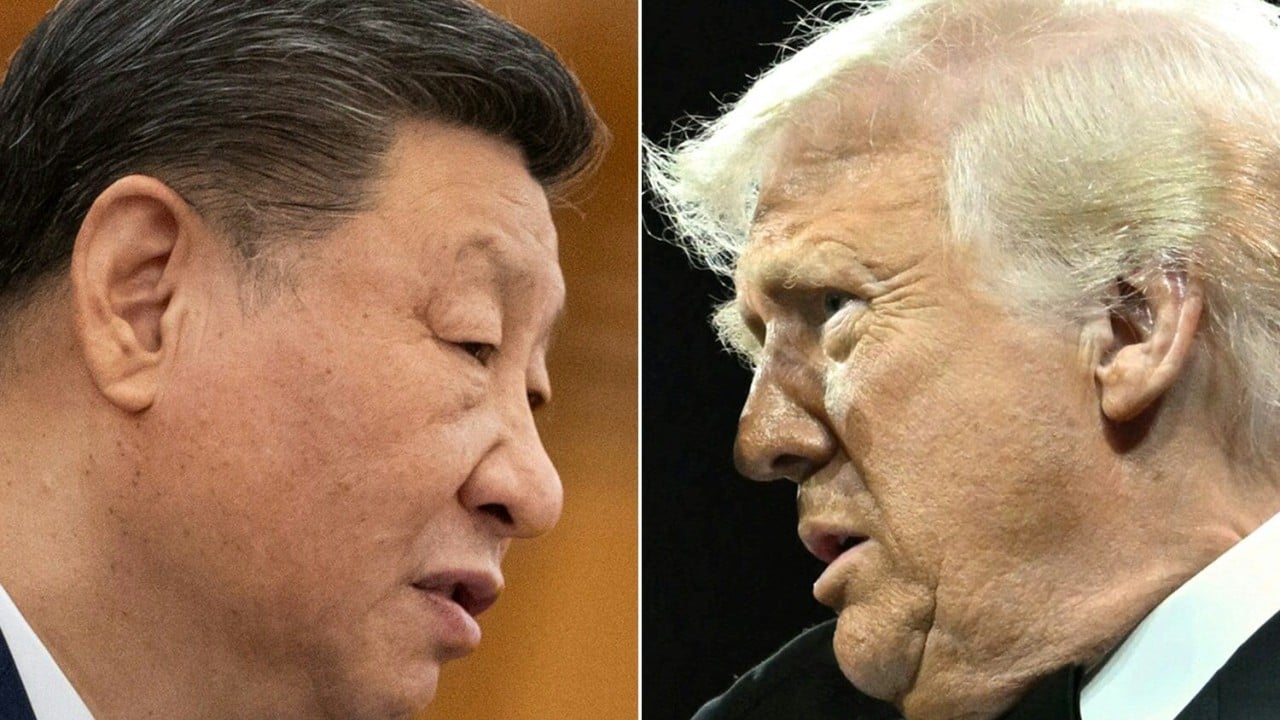As Washington and Beijing circle each other warily with US-China trade and the global economy hanging in the balance, a seemingly simple yet hugely freighted impediment remains how to open communication channels, analysts said.
Advertisement
One approach floated by Chinese officials would see special envoys created by Donald Trump and Xi Jinping. But the US has balked at this idea, preferring to see Trump, a self-avowed master deal maker, negotiate directly with Xi. That is an approach the Chinese have rejected as too risky and lacking in certainty, they added.
“The Chinese experts that have come through [Washington] DC continue to say that the best thing would be if Xi Jinping appoints a special envoy and the US appoints a special envoy and then those two get together and figure out the pathway to addressing issues in the relationship and stabilising the relationship,” said Bonnie Glaser of the German Marshall Fund of the United States, an American think tank.
Fuelling a lack of bilateral trust is the dispute over China’s role in producing ingredients used in the illegal manufacturing of fentanyl, an opioid. It was on this basis that Trump slapped a 20 per cent tariff on Chinese goods in an earlier round of duty increases.
Trump subsequently raised that level to 145 per cent, piling on the pressure. China responded with its own 125 per cent tax on American imports, prompting trans-Pacific shipments to plummet and companies to hold off business plans.
“Beijing is hoping to use fentanyl cooperation as either a catalyst for US-China trade talks or a bargaining chip in a future round of negotiations, rather than a goodwill gesture ahead of trade talks as Trump’s team has called for,” said Jeremy Chan of Eurasia group, a consultancy.

